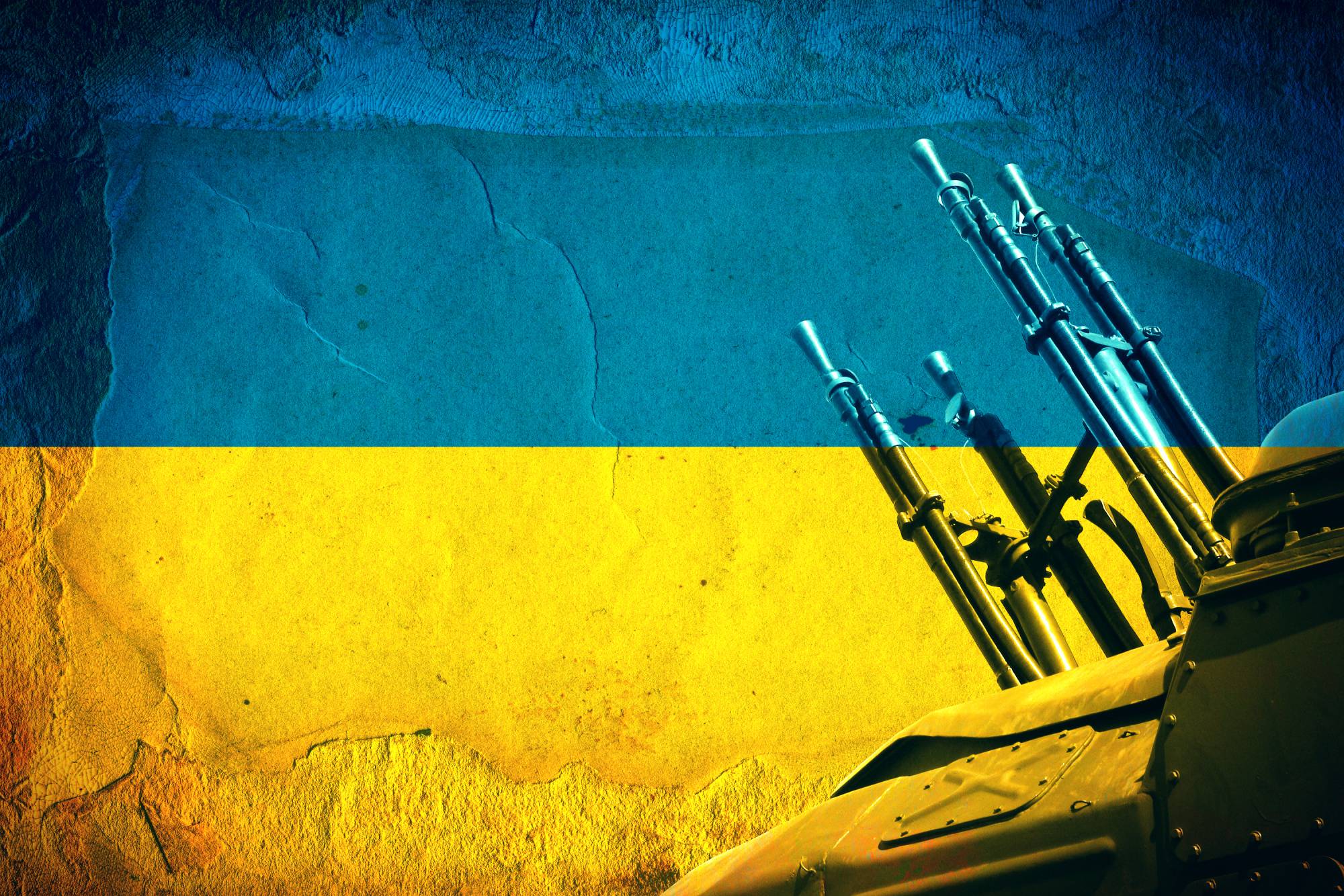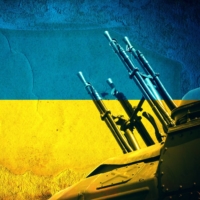News of the Russia-Ukraine conflict is updated daily in Japan, and that means, as a language learner, you’re likely to hear a ton of new vocabulary.
One word that has often been used to describe Russia’s actions in the region is 軍事侵攻 (gunji shinkō, military invasion). However, as the conflict in Ukraine intensifies, some media outlets have started to refer to this move as a 軍事侵略 (gunji shinryaku) instead.
While both 侵攻 and 侵略 can be translated as “invasion” in English, there is a subtle difference in nuance between the two.
侵攻 refers to an invasion that emphasizes the act of attacking, as hinted by the use of the kanji 攻 (kō), which, as a verb, can be read as 攻める (semeru, to attack). 侵略 conveys the idea of “conquering,” as it emphasizes an invasion that aims to 奪い取る (ubaitoru, to plunder/snatch) and seize control.
A similar term that is used to refer to an “invasion” is 侵入 (shin’nyū). But it’s useful to remember that this term carries the nuance of “intrusion,” “infiltration” and “trespassing,” as in: 自宅に侵入者がいる (Jitaku ni shin’nyū-sha ga iru, There is an intruder in my house).
With the Russia-Ukraine conflict far from over, calls for unity have also been making headlines. A few Japanese terms to look out for in the news include:
- 結束 (kessoku, to bind/unite): ゼレンスキー政権は国際社会に結束を呼びかけている (Zerensukī seiken wa kokusai shakai ni kessoku o yobikakete-iru, [Ukrainian President Volodymyr] Zelenskyy’s administration has called on the international community to unite [against Russia]).
- 一致団結 (itchi danketsu, solidarity/banding together): ロシアに対して一致団結の声が必要だ (Roshia ni taishite itchi danketsu no koe ga hitsuyō da, It’s necessary to have a united voice against Russia).
- 一丸となって (itchigan to natte, to become one/unite): ウクライナ国民は今一丸となってロシアに対抗している (Ukuraina kokumin wa ima ichigan to natte Roshia ni taikō shite-iru, The people of Ukraine are united as one against Russia).




